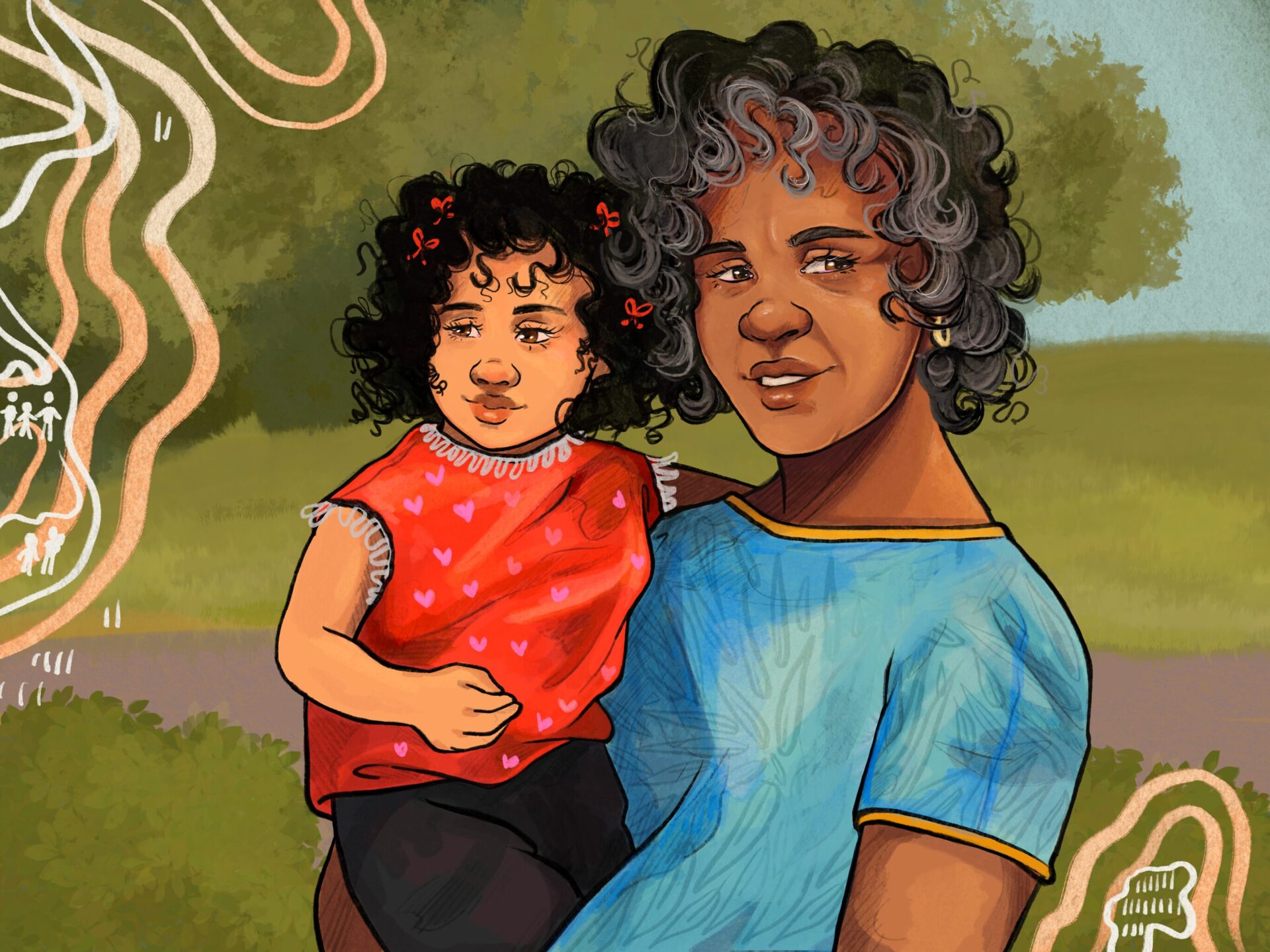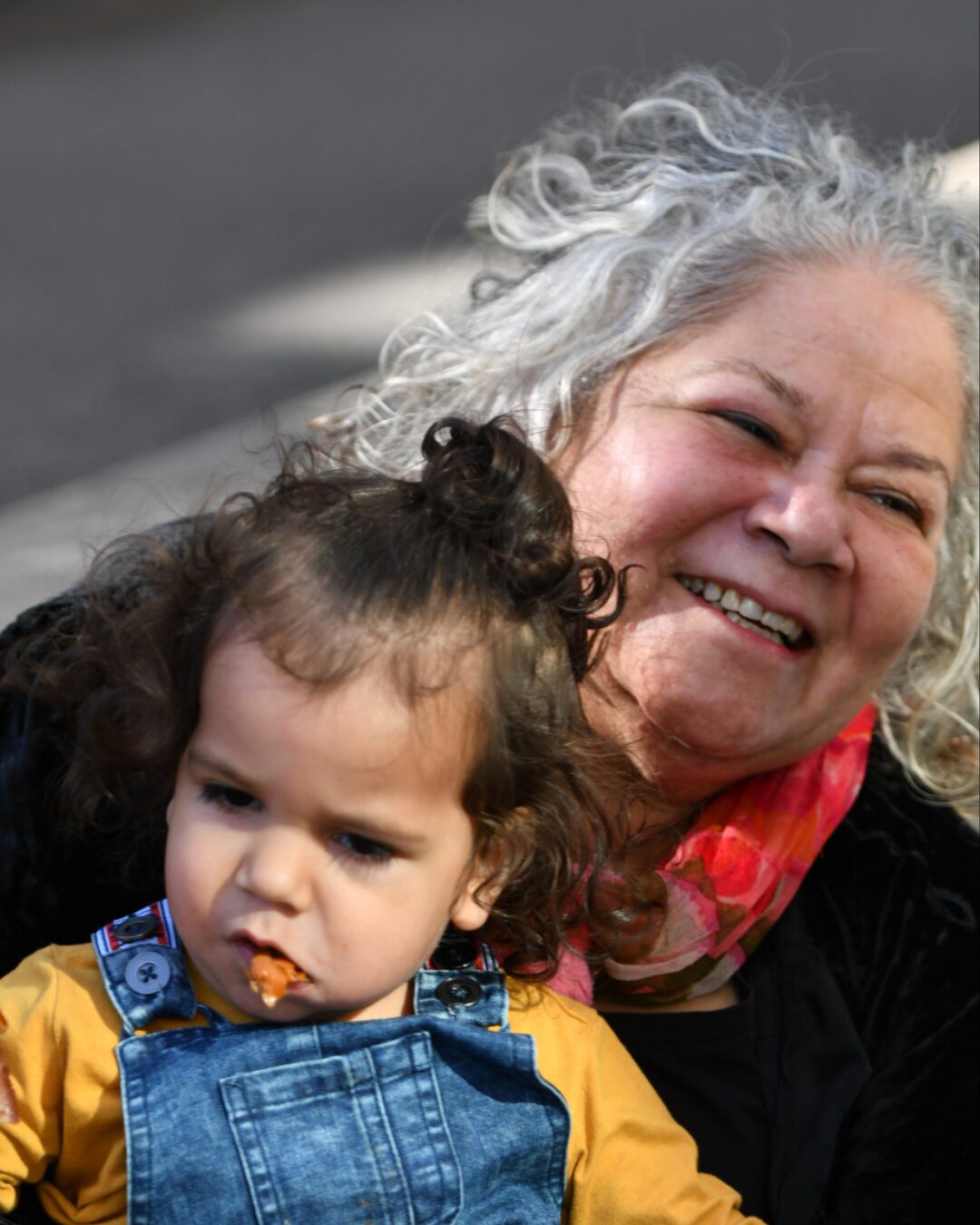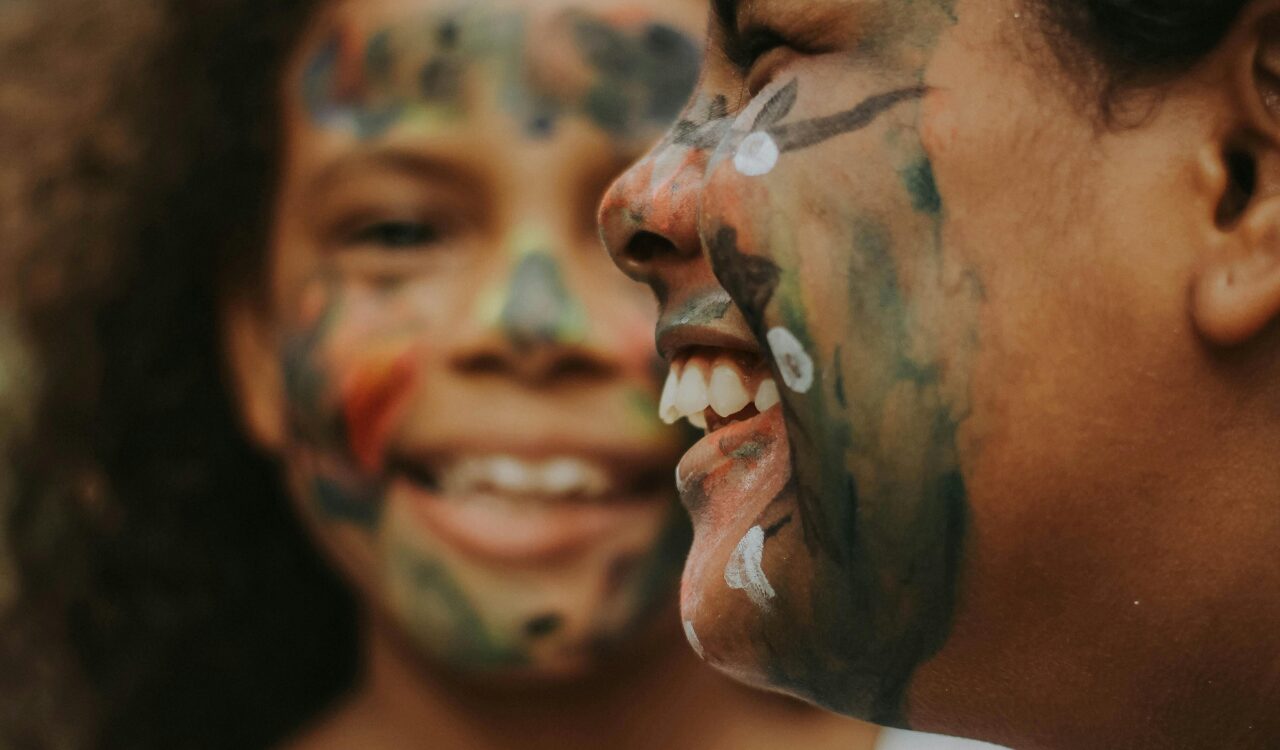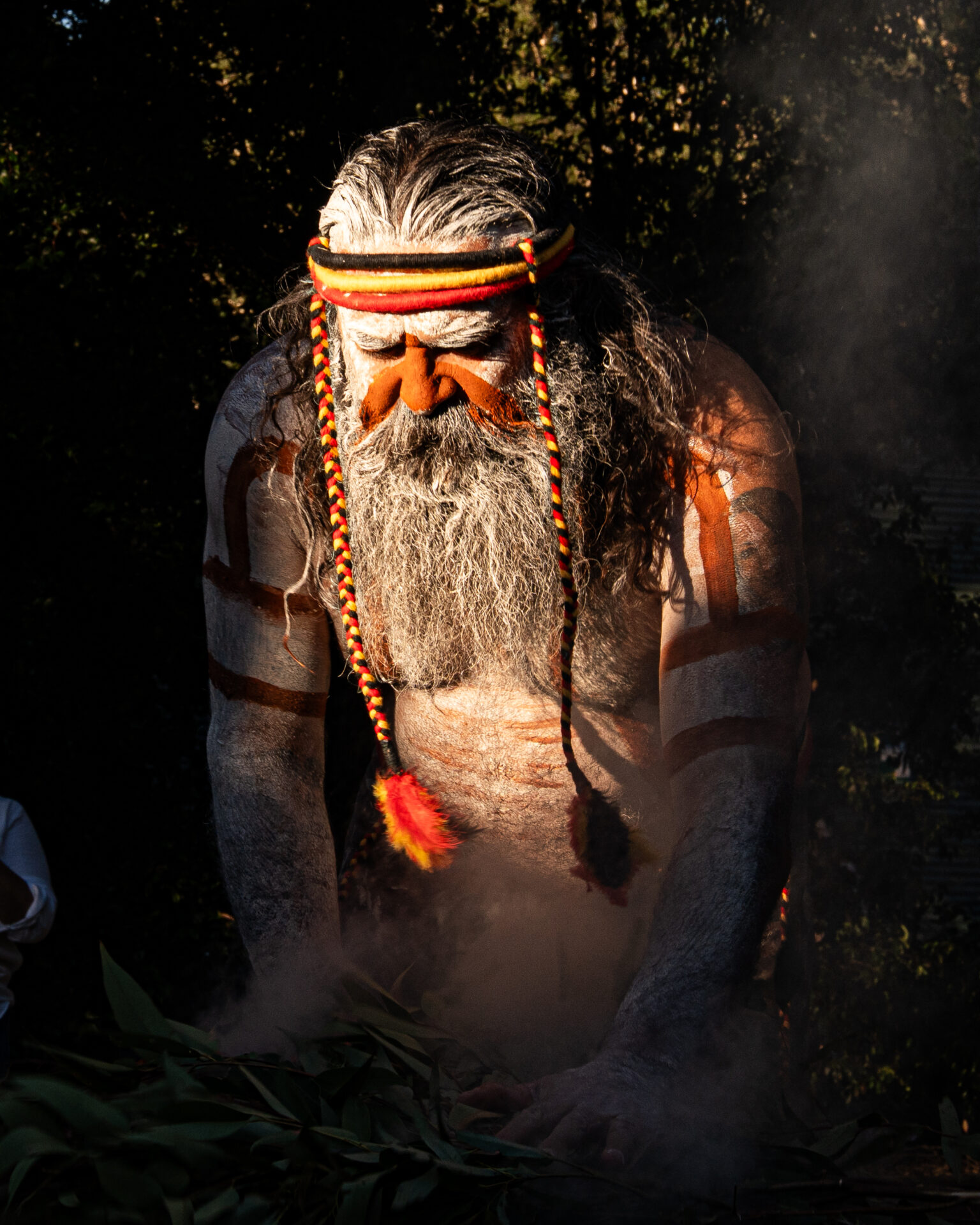New South Wales
New South Wales state budget
The New South Wales (NSW) state budget was released on Tuesday, 24June. The budget sets aside $1.2 billion for the child protection system, including:
- $797 million over four years to 2028-29 for the out-of-home care (OOHC) system. Funding is for OOHC service provision across the state and the continued rollout of statewide reforms to the sector.
- $191.5 million to fill Department of Communities and Justice (DCJ) caseworker vacancies. DCJ have been funded for 2,333 fulltime caseworker roles statewide since 2020 but have struggled with recruitment and retention of caseworkers. This includes 209 vacant caseworker roles last year. This funding aims to fill these vacancies through better remuneration and training.
- $143.9 million to increase the foster carer allowance by 20 percent; the first significant increase to the carer allowance since it began 20 years ago. Carer recruitment has been a significant challenge, and a driver of alternative care arrangements and high-cost emergency accommodation. AbSec and the sector are delighted, having consistently advocated for increases to the carer allowance.
- $49.2 million for 44 government-owned and operated residential care homes. Residential care is by far the most expensive type of OOHC placement. Residential care accounts for about 2percent of placements, but 20 percent of OOHC spending. DCJ aim to deliver these new residential care homes more cheaply by utilising existing government-owned housing stock.
Source: Budget NSW.
Closing the Gap funding
The NSW Government will allocate $246.8 million over the next four years through an additional $202.4 million in the 2025-26 budget. Funding is to deliver 14 Closing the Gap initiatives.
These include health, education, employment and criminal justice initiatives developed in partnership with Aboriginal and Torres Strait Islander organisations and communities across the state. The allocations are:
- $20 million for Aboriginal-led, culturally safe programs to support Aboriginal and Torres Strait Islander adults and children leaving custody.
- $13.4 million for the NSWACT Aboriginal Legal Service and DCJ to reduce the over-representation of Aboriginal and Torres Strait Islander children in the criminal justice system through Aboriginal-led solutions.
- $23.1 million to continue community-led suicide prevention programs through 25 ACCOs.
- $21.9 million for the Aboriginal Families First 2,000 Days program which offers Aboriginal and Torres Strait Islander women and families with culturally appropriate, continuous care from pregnancy to when their child starts school.
- $31.5 million to improve access and decision-making for Aboriginal and Torres Strait Islander people regarding data about themselves, across all NSW Government portfolios.
- $18.4 million for the NSW Coalition of Aboriginal Peak Organisations (CAPO) to build capacity and support its participation in the NSW Partnership on Closing the Gap.
Source: NSW Government.
100 new preschools statewide
As part of the government’s record investment in the 2024-25 Budget to rapidly expand the provision of public preschool in NSW, the government will fund the construction of 100 new preschools across the state. Of the 100 new public preschools, 49 are in regional NSW and 48 in Sydney’s west.
These will be in communities identified as most in need following a selection process. The announcement also includes 12 new public preschools that enable 1,000 free places for children in the Hunter region—set to be delivered in early 2027.
The government has also announced stricter laws and harsher penalties for poor quality childcare operators.
Source: NSW Government.
$30.4 million for crisis intervention
The 2025-26 state budget includes a $30.4 million crisis intervention package to ensure more vulnerable people can access homelessness services and find a safe place to live.
The package consists of $20 million to expand existing crisis and transitional housing, and $10.4 million to match Commonwealth investment in the Bill Crews Foundation to provide homelessness support.
This funding builds on the government’s $6.6 billion Building Homes for NSW program, which includes a $527 million injection to expand homelessness services.
For more information visit: NSW Government.
$2 million for Aboriginal DFSV Plan
The NSW Government will invest $2 million to start rolling out the State’s first Aboriginal Domestic, Family and Sexual Violence (DFSV) Plan to better support victim-survivors. Aboriginal and Torres Strait Islander women in NSW are eight times more likely to be recorded as experiencing domestic violence than non-Aboriginal women.
The DFSV Plan was co-designed with the NSW Aboriginal Legal Service, ACCOs and Aboriginal and Torres Strait Islander community stakeholders.
The Plan will be released in late 2025 and supports work to progress NSW Closing the Gap Target 13, which aims to reduce all forms of family violence and abuse against Aboriginal and Torres Strait Islander women and children by at least 50 percent by 2031.
Source: DCJ.
Commonwealth
Child Protection Australia 2023-24
The Australian Institute of Health and Welfare (AIHW) published their annual report on child protection services in Australia for the period from 1 July 2023 to 30 June 2024.
The report allows for interjurisdictional comparisons. For example, the national estimate ranks emotional abuse as by far the most common form of substantiated maltreatment at 57 percent. This is followed by neglect at 21 percent.
This contrasts sharply with New South Wales where emotional abuse was most common—but at a lower rate of 34.4 percent, with neglect just behind at 34 percent.
The report also shows that NSW has a significantly stronger correlation between remoteness and OOHC, with children in very remote NSW 4.4 times more likely to be in OOHC compared to the national average of 2.4 times.
Catherine Liddle, Chief Executive of SNAICC said the report summarises another year of inaction in child protection–calling it “a festering national sore”
Source: AIHW.
New data on Aboriginal-led early childhood programs
New national data from the Australian Early Development Census suggests that while key early childhood Closing the Gap targets are stalling, targeted programs and initiatives are turning the tide for Aboriginal and Torres Strait Islander children.
SNAICC’s Catherine Liddle said the data sends a clear message to governments to double down on their commitments under Closing the Gap.
Ms Liddle said that this data gives a signal that Aboriginal-led programs under Closing the Gap are not only making a difference but are a major part of the solution.
She has called on governments to urgently scale up support for ACCO-run early education and care (ECEC) services to accelerate progress.
Source: SNAICC.
Report on the weaponisation of Child Support
The Commonwealth Ombudsman released a report into the weaponisation of child support payments in Australia. Child Support aims to ensure children are financially supported as they grow and develop during a critical time in their lives.
‘Financial abuse is a type of family and domestic violence. It happens when one person tries to control another person’s access to money. When financial abuse happens using the Child Support program, it is commonly referred to as weaponising Child Support.’ (Ombudsman,2025, p. 4)
The report’s survey of victims of child support weaponisation found that 73 percent were separated mothers, and 80 percent of separated mothers reported that their former partner had used the Child Support program to perpetrate financial abuse against them.
Source: Ombudsman.
South Australia amends child protection legislation
The South Australian Parliament passed the Children and Young People (Safety and Support) Bill 2025, which aims to strengthen child protection laws and introduce measures to elevate children and young people’s voices and prioritise reunification with families.
SNAICC CEO, Catherine Liddle, said that while this Bill will lead to improvements, the state’s child protection system needs urgent systemic reform to embed self-determination and empowerment of Aboriginal and Torres Strait Islander communities.
Ms Liddle praised the bill for strengthening the Aboriginal and Torres Strait Islander Placement Principle in South Australia. However, she reiterated the need to prioritise transitioning case management responsibility for Aboriginal and Torres Strait Islander children to ACCOs, as well as investing in early intervention.
Source: SNAICC.








